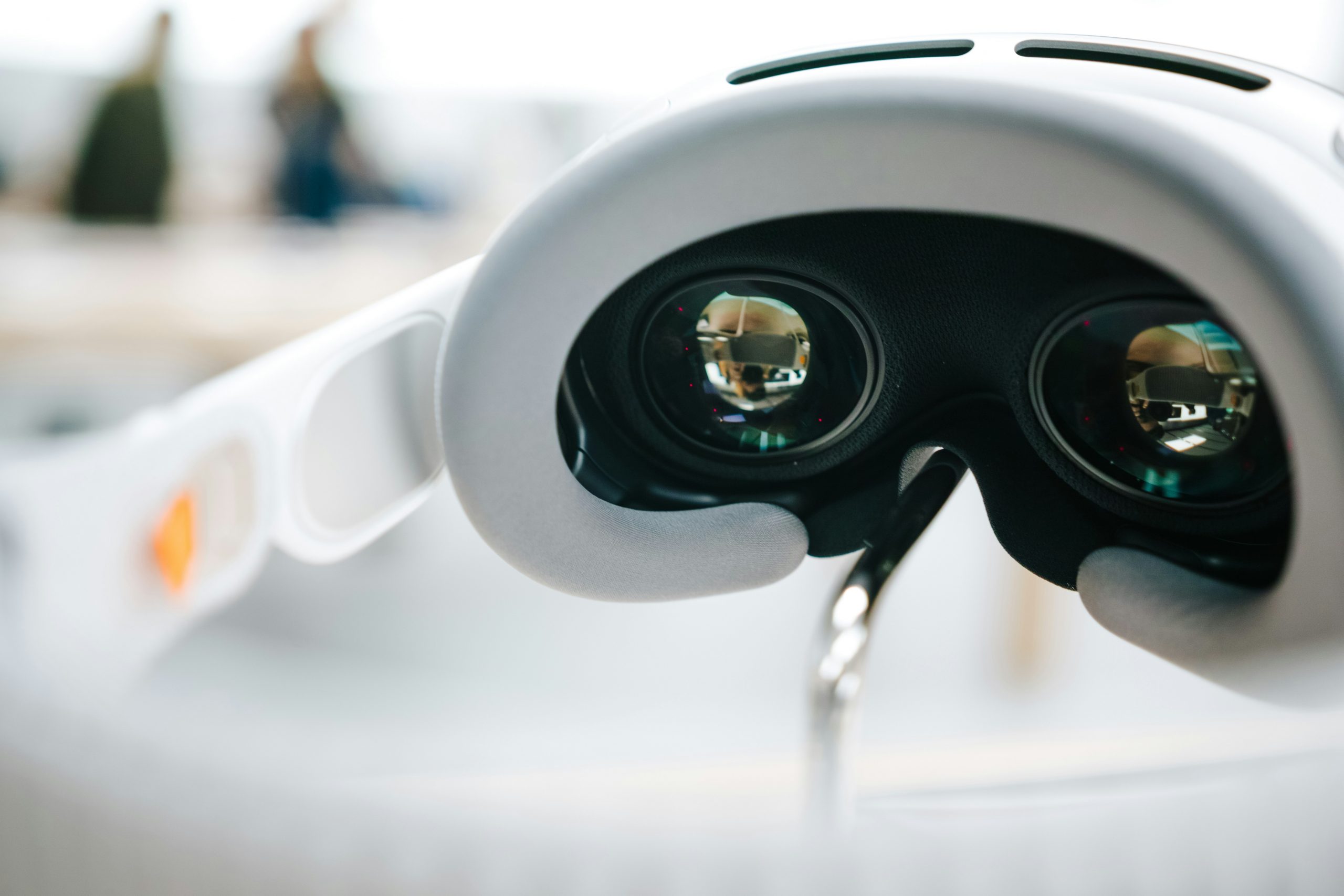Neurodiversity is the new black in DEI3 min read
Reading Time: 3 minutesReading Time: 3 minutesThe article “How young neurodivergent professionals can succeed at work” features insights from three leading experts in neurodiversity and workplace success: Ludmila N. Praslova, Aviva Legatt, and Caroline Stokes. Praslova, a professor of organizational psychology at Vanguard University, brings her expertise in creating inclusive workplaces. Legatt, an international expert on diversity leadership, provides valuable insights from her book “Get Real and Get In.” Stokes, an executive coach and author of “Elephants Before Unicorns,” offers advice on how businesses can support and develop neurodiverse professionals. In this article, these experts offer practical tips and strategies for businesses to support and retain neurodiverse employees, helping them to reach their potential and succeed in their careers. By embracing neurodiversity, businesses can tap into a wider pool of talent and cultivate a more inclusive workplace culture.
Neurodivergent individuals, including those with autism, dyslexia, and ADHD diagnoses, face challenges in the workplace despite their unique skills and perspectives. Inadequate accommodations for neurodiversity in organizational systems and cultural norms contribute to high unemployment rates and limitations in professional growth. The conventional view of a successful worker as extroverted and comfortable in small-talk settings creates a narrow definition of acceptable behavior in the workplace. This requirement, coupled with a lack of emotional intelligence and flexibility in organizations, can lead to significant barriers for neurodivergent individuals seeking employment. Unfortunately, systemic limitations and biases among hiring managers often result in high unemployment rates, with some estimates indicating that as many as 30 to 40% of neurodivergent individuals are unemployed. Organizations like Auticon and Specialisterne offer employment opportunities for neurodivergent individuals by matching them with suitable client projects and jobs. For students, universities like the University of Connecticut offer a nationwide employment network, connecting them with companies such as KPMG, Travelers, and Wells Fargo that value neurodiversity. If no formal programs are available, individuals can also explore self-created career paths by networking with others who share similar interests. In the US, individuals diagnosed with neurodivergence before 26 years old have access to federal and local resources that support employment and life skills. However, individuals without a childhood diagnosis can also access local and private resources and organizations like AWN and university resources that often offer inclusive support. To help find a workplace that is a good fit, it’s important to be open about your strengths and preferences, and to network with others in the neurodivergent community. When in the workplace, consider sharing how you prefer to communicate and work, and try to find a solution that works for everyone. Here’s some tips to reach your potential:
FIND ORGANIZATIONS THAT CARE ABOUT NEURODIVERSITY
Find companies like Microsoft and Chevron that have established neurodiversity hiring programs as part of their commitment to diversity, equity, and inclusion (DEI) mission.
CONSIDER ALTERNATE WAYS TO BUILD YOUR CAREER
Consider alternative career paths such as self-employment and entrepreneurship, where you can design your own work environment and network, though be aware of the potential challenges, including income instability and lack of benefits. Additionally, job crafting by aligning your strengths with the organization’s growth areas can lead to a fulfilling position.
DON’T GO IT ALONE
Find support through neurodivergent mentors and coaches for help in navigating your unique professional journey and overcoming challenges. You can find these individuals through organizations such as ADDA for ADHD individuals, ASAN, or AANE for autistic individuals, or by searching LinkedIn for keywords such as “neurodivergent.”
MIND YOUR MENTAL HEALTH
Focus on self-acceptance, taking baby steps in building relationships, having outlets outside of work, and seeking a supportive network to help manage mental health challenges as a neurodivergent young professional; and remember that you are not alone and should embrace your identity and purpose while finding a supportive network that aligns with your strengths and values.




